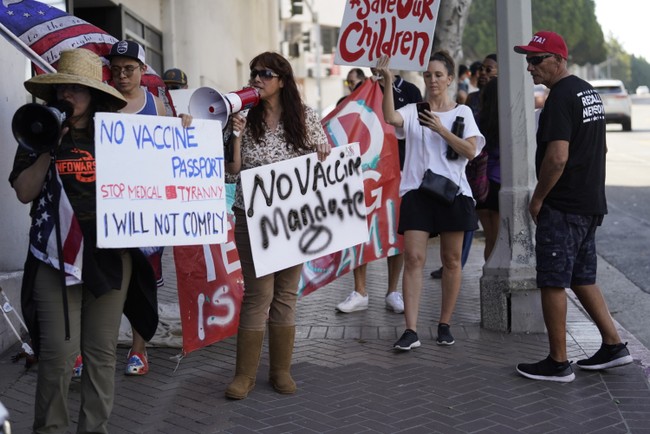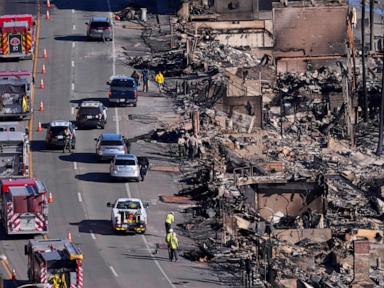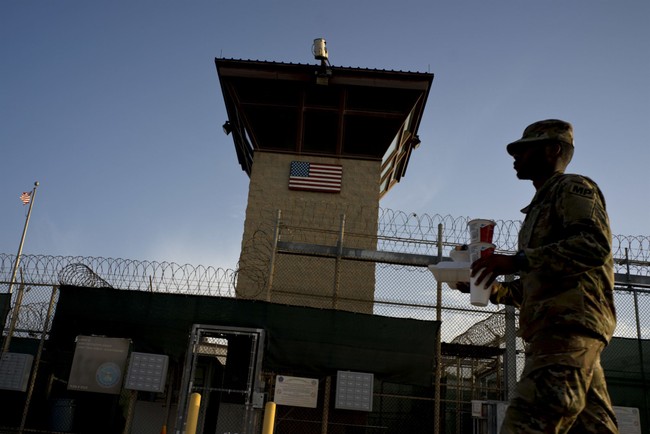
Blog
February 20, 2025 | Source: The Guardian | by Anjali Sharma
I love chocolate. It’s a staple of my diet. I don’t like that, at the best of times, it takes up maybe a fifth of my grocery budget.
I also don’t like that as a country, we’ve been all too quick to blame rising food prices on inflation. We’ve quickly made inflation a priority for our policymakers, while the cost of living is the key issue of the upcoming election.
Now, before you write me off as a naive 20-year-old who’s never paid a bill in her life – I’m not.
The cost-of-living crisis is hitting my generation too. We all know inflation has a lot to do with it, but inflation isn’t the only factor driving this surge – the climate crisis continues to fuel cost-of-living pressures and push up prices.
Take my chocolate for example. Cacao plants can’t yield cacao beans which make chocolate in temperatures above 32C. Analysis by independent research group Climate Central examined regions where cacao beans are harvested and found that in the last decade, most experienced on average an extra six weeks a year where the temperatures in these regions were above this limit. Excessive heat, caused by global heating, reduces the quantity of beans harvested and drives up chocolate prices.
The post The Climate Crisis Is a Cost-of-Living Issue for Australia. My Generation Will Be the First to Pay for It appeared first on Organic Consumers.
.png)













 English (US)
English (US)